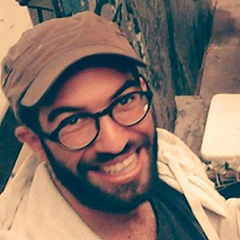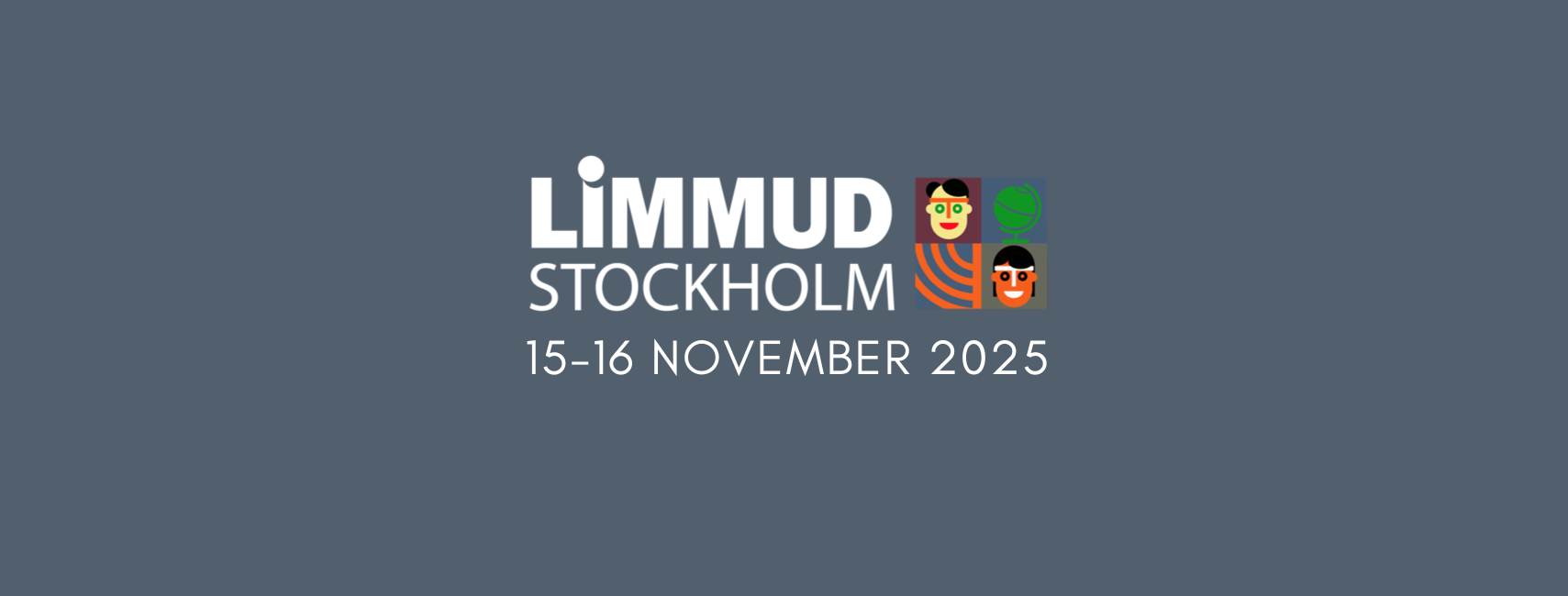Josh Weiner

To the Essence of Shabbat
We always tell ourselves that Shabbat and the home are the core of Jewish life. But why? What’s the difference, for example, between a normal dinner on Friday night and a Shabbat meal? Is it about what we do? What we don’t do? What we say? Something else? The details of Shabbat are important, timers and wine and tschulent, but let’s take a moment to look at the big picture.
Kashrut and Mindfulness
Maybe only Jews can take something as easy as eating and turn it into a complex series of challenges, dilemmas and ritual acts. Why do we complicate our life like this? In this session, we will look at kashrut as a holistic system, as it relates to the rest of our lives; analyse different reasons that have been given for kashrut, and maybe come up with a few of our own.
Jewish Life in Berlin
70 years after the Shoah, Berlin is now the fastest-growing Jewish community in Europe, with thousands of immigrants, a dozen synagogues, and three state-funded rabbinical schools. For some, this is a miracle, others see it as obscene. The Berlin Jewish scene is a messy mix of Russian, Yiddish, Hebrew and German; philosemitism and antisemitism; fantastic models of entrepreneurship and silly squabbles. This session will bring a personal story of life in a weird and wonderful Jewish community.
–
Josh Weiner is a rabbinical student, social worker, tour guide and Jewish educator. Grew up between London and Jerusalem, and eventually moved to Berlin with his wife, Noémi. He studies at the new Zacharias Frankel conservative rabbinical seminary in Berlin, and helps coordinate educational activities at local synagogues and grassroots projects.
